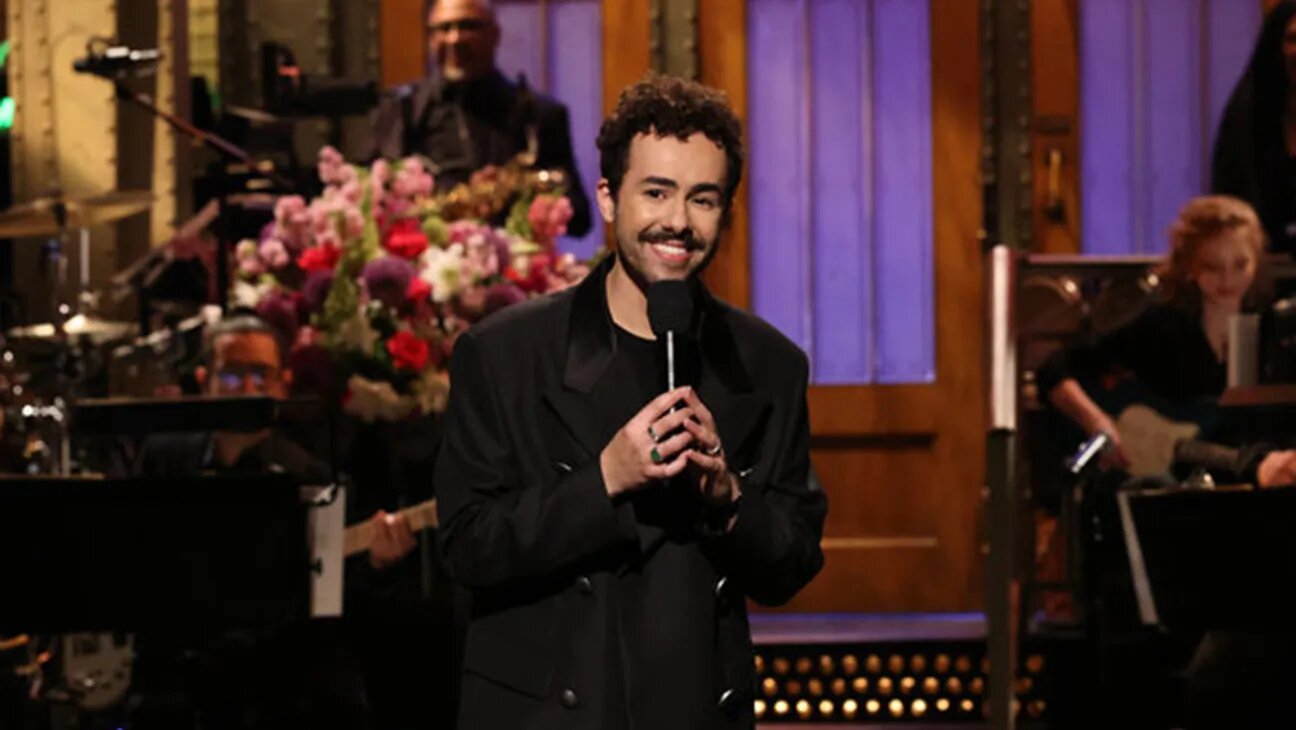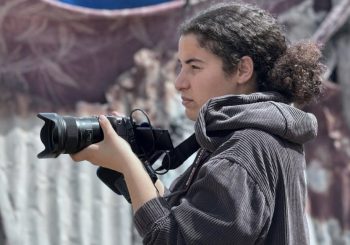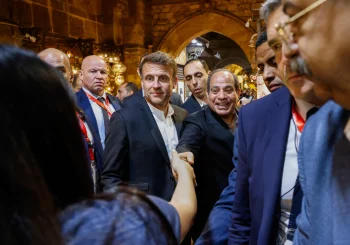We’ve been feeling too many emotions. Many, many emotions. When I say “we,” I’m not just referring solely to myself, my inner circle, or my community. I mean every individual, spanning across every generation, every culture, and every background, who has borne witness to the events unfolding in Palestine over the past six months.
The emotion runs deep because it seems as though we’re collectively experiencing it, as if our hearts have synchronized to resonate with each other’s feelings.
It’s more than grief, more than outrage, and more than pain. It’s an emotion deeply ingrained within us, existing long before we could even articulate it. It’s an all-encompassing sense of disillusionment that permeates our being.
In his recent Saturday Night Live monologue, Egyptian-American comedian Ramy Youssef distilled the weight of our collective emotions into a single, powerful line: “I’m out of ideas, all I have are prayers.”
Prayers, in this context, mean more than just religious rituals. It’s not the prayers we’ve been taught to perform or the ones we turn to in difficult moments. It’s not about seeking guidance when we’re lost or confused. Instead, prayer, in this case, means surrendering completely. It’s not about simply making requests, but about entrusting everything to God.
This kind of prayer isn’t solely about one person’s inner thoughts or desires. It’s not a plea born of personal need. Rather, it speaks from a place beyond the self – a selfless state of being that rises above temporary worries and stresses, and reaches towards one eternal emotion: hope.
In the face of the immense loss of over 31,184 Palestinian lives in just six months, the question becomes more than just about what kind of emotion we are feeling. It’s about how we carry on feeling – how we carry on praying, caring, loving, and holding onto hope. Put plainly, it’s about how we carry on to believe in prayer, and the strength of our love for one another, despite everything.
As Youssef explained in his monologue: “We (Muslims) love to love. And we’re so free with it.” Our capacity to love mirrors our will to pray even when all hope seems lost. Through prayer, we discover not only hope, but also a channel for conveying love – genuine love. A kind of love that stems from a deep, selfless yearning to protect one another.
The world often associates Muslim prayer with the synchronized movements of pilgrims circling the Kaaba in Mecca. The flow of prayer in that site alone never stops; it’s a constant cycle, where thousands of pilgrims continuously flow around the Kaaba every moment, and every hour of the day.
The never-ending flow of prayer at the Kaaba serves as a timeless symbol. It speaks to the enduring power of prayer in shaping who we are, a constant current running through our lives. It draws us in, like a guiding circle we instinctively follow.
It’s a constant flow, pulling us all towards a central core – a core of faith and love that remains steady even when everything else feels lost. Just like the pilgrims circling the Kaaba, we seek solace in a never-ending cycle of prayer.
In his SNL monologue, Youssef highlights this enduring and timeless message of prayer. Despite being the only one in his friend group who prays, his own prayers, offered for both friends and strangers, is like a constant force, drawing us all towards a shared core of humanity.
Palestinian poet Rafeef Ziadah reminds us, “We teach life, sir.” There’s a surprising paradox in suffering: it doesn’t just breed more hardship, it can also deepen our faith and prayers, forging genuine connections and solidarity. It binds us together, like a circle encompassing us all.
At the end of everything, and in the face of despair, all that remains are our prayers, and all that endures is our love for each other.
The opinions and ideas expressed in this article are the author’s and do not necessarily reflect the views of Egyptian Streets’ editorial team. To submit an opinion article, please email [email protected].





Comment (1)
[…] post All We Have Are Prayers: Why Ramy Youssef’s SNL Monologue is Timeless first appeared on Egyptian […]